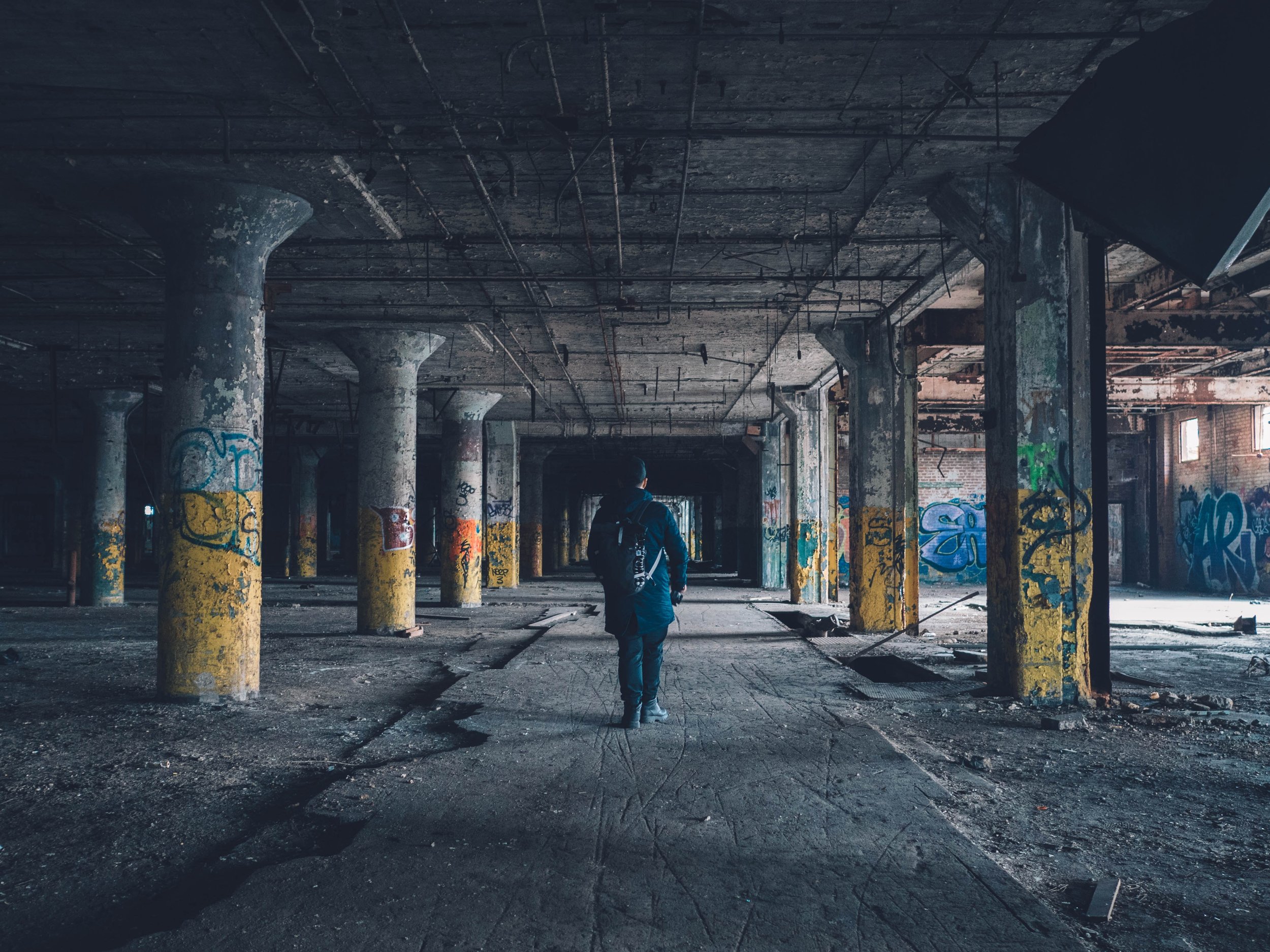Lyrics are art.
Art is not evidence.
Mapping Rap On Trial
Our research has identified nearly 700 cases, from the late 1980s to present, where rap lyrics have been used as evidence, usually in a criminal context. In some cases the lyrics were presented as evidence at trial; in many others, the lyrics were used to justify charging a suspect, to secure an indictment, to compel a plea bargain, and/or to justify sentencing recommendations.
As you zoom in, the map shows the following case information:
State
Jurisdiction
Individual case name (where available)*
Note: We have also made a CSV file of this data available here.
(*The locations of the pins are approximations and do not indicate the precise location of the case.)
Map is best viewed from a laptop or desktop computer (and if you have problems, ensure that your browser has hardware acceleration enabled). The map may also be directly accessed at: https://arcg.is/0G0HaC0. Also, please note that although we have taken pains to ensure the data here are accurate, we know there may be errors. If you find anything that needs to be corrected, please let us know via the Contact page.
Know of a case?
If you know of a case that we don’t have in our database, please tell us. The goal of this site is to provide information but also, through crowdsourcing, to collect it as well. So if you know of a case we don’t, please let us know and provide any supporting documentation (e.g., case briefs, opinions) so that we can verify that rap was used.
Want To Get Involved?
Sign Art On Trial: Protect Black Art’s Petition. Join the over 100 artists and industry leaders who published an open letter to urge prosecutors to end this discriminatory practice.

We are interested in the use of rap at all stages of the criminal legal process, to include indictment proceedings, trials, and sentencing. We are also interested in cases in which rap music was used during probation/parole hearings. We welcome information about civil cases in which rap was used as evidence as well. Finally, we’d also be interested in any cases in which a fictional form of expression other than rap was used as evidence.
Research and Methodology
We used a variety of sources to compile our data - primarily court documents and media reports - which we obtained in a number of ways, including but not limited to Google Scholar, Westlaw, LexisNexis, individual court web portals, and basic web searches. For some cases, we also collected case information provided by our growing network of practicing attorneys from across the U.S., as well as court documents obtained through public record requests. In all cases, rap lyrics or videos were used in some way at some point during the criminal legal process, the vast majority by the prosecution.
While the map displays basic case information such as defendant name, location, case number, and relevant media links (where available), we collected additional data for many cases, including demographic information, specific crimes charged, how rap was used, jury verdicts, and sentencing information. If you are interested in more detailed data, please contact us and explain the data you’d like to request, the reason for your request, and how you intend to use the data. In all cases we ask that you cite us as your source when possible.
At each stage of the research, we took steps to ensure accuracy to the best of our ability. For each case, at least one researcher collected and reviewed a series of documents (e.g. a court opinion, case docket, and media reports) before adding case information to the database. Each researcher verified information reported in the media using court documents whenever those were available. A selection of cases (around 200) were verified by a second or third person. Visit the About Us section to learn more about how our research came together.
This database is far from complete; it likely represents a small fraction of all criminal cases involving rap music. We view this database as a living, breathing resource that will, with your help, grow over time. While we took every step we could to avoid errors in our reporting, we may not have caught every one prior to making the database public. If you find an error in our data, please contact us and we will review it to confirm, correct, and update our information. We also strongly encourage you to provide us with additional cases, or additional information for the cases that already exist in the database.
If you would like to access the basic data set, please use the link below to download it (as a CSV file). If you are interested in additional, more detailed data, please contact us and explain the additional data you’d like to request, the reason for your request, and how you intend to use the data.

“This process effectively denies rap music the status of art and, in the process, gives prosecutors a dangerous advantage in the courtroom: by presenting rap lyrics as rhymed confessions of illegal behavior, they are often able to obtain convictions even when other evidence is lacking.”
– A statement of support from Jay-Z, Meek Mill, Killer Mike, Fat Joe, Robin Thicke, Kelly Rowland, and more

